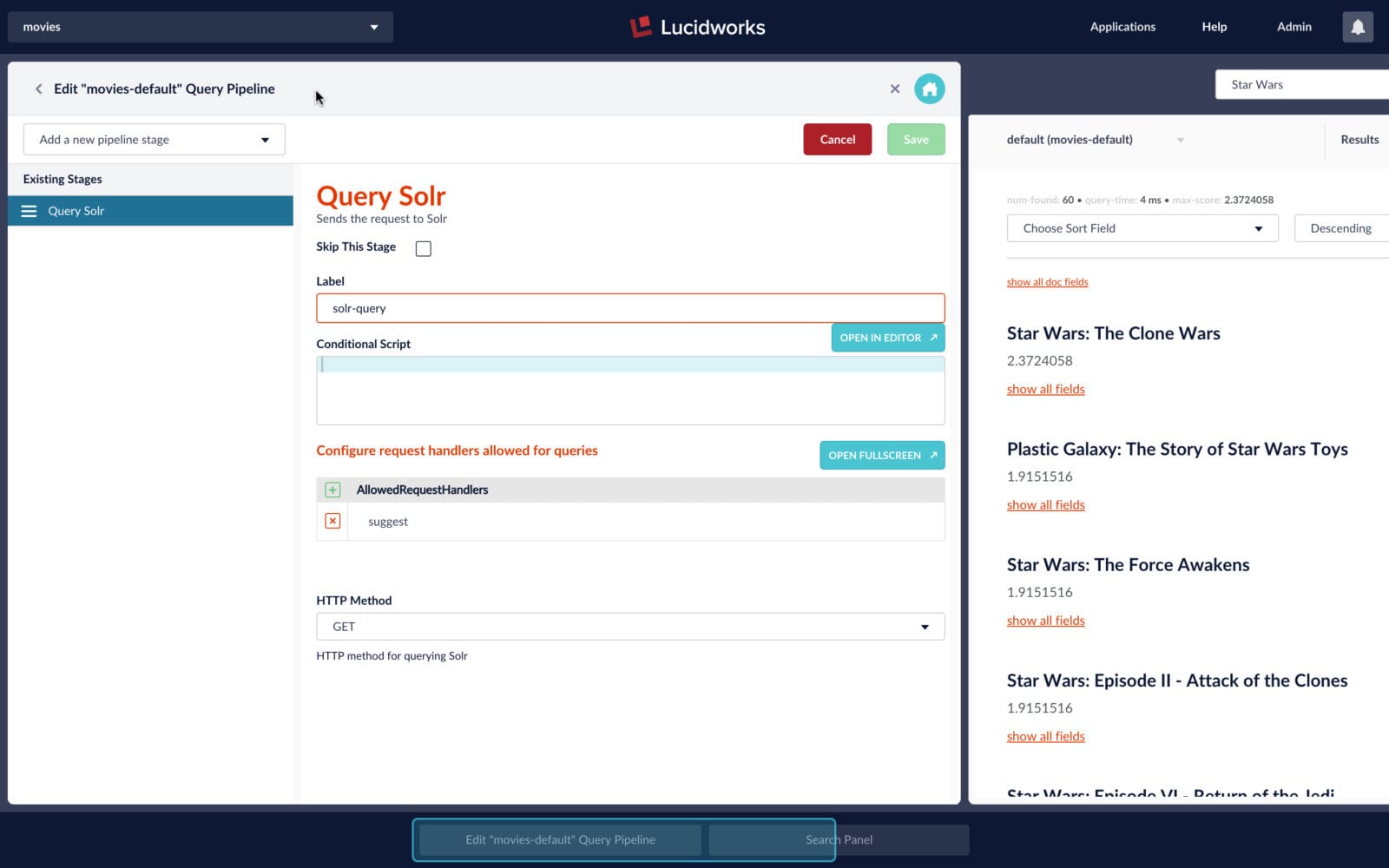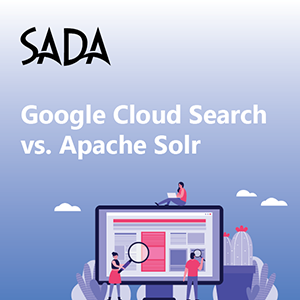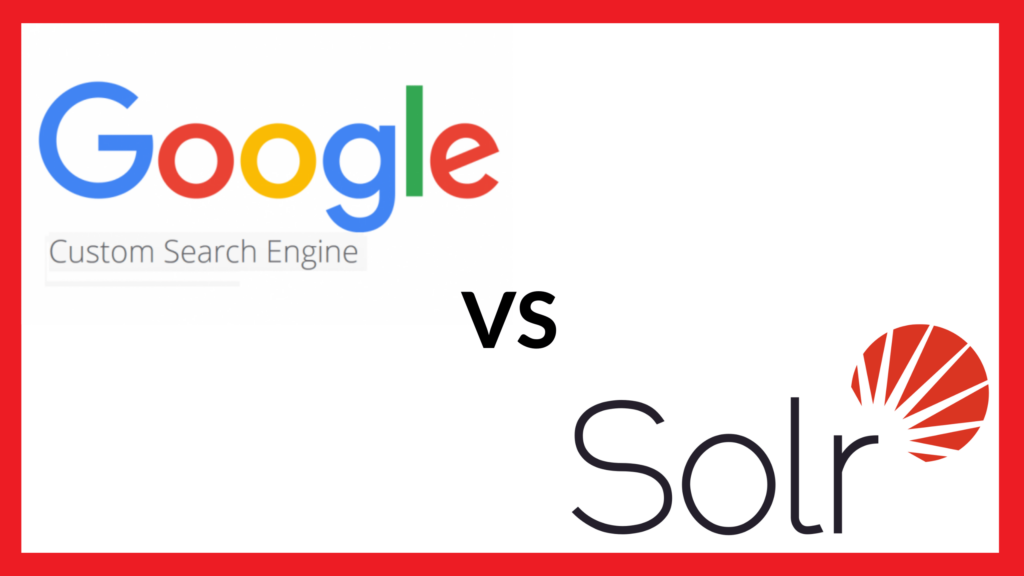


They can all boast high performance, scalability, and flexibility, though they all still have their peculiarities. There are about 20 search engines to choose from, but, if you are looking for a reliable and efficient solution for your web application, we would like to recommend one of the following three: Elasticsearch, Solr, or Sphinx - that are at the top for 2020.Īll three are open-source search solutions, well-supported by their communities of contributors. Recommendations by Amazon Elasticsearch vs Solr vs Sphinx: Which Technology to Choose? When we talk about web apps where information changes dynamically (prices, description details, availability of goods), it is extremely important to have near real-time updates for example, in eCommerce or booking engines to show goods and services available in stock.Īpart from the general features listed above, engines can provide recommendations when looking up the most interesting products or information, to improve the user experience. The system should be able to narrow down the search by using ranges (price, dates, sizes, etc.), sorting (by popularity, date, price), and filtering (including only desirable parameters). geospatial search (for the object location according to its latitude and longitude).For example, eCommerce sites use facets to tell customers how many items of a specific model, size, color, and other attributes are found) faceted search (a count of attributes.Suggestions and highlighting on Bloomberg

highlighting (a visual indication of the words entered in the search box).full-text search (by simple words and phrases or multiple forms of a word or phrase).The primary aim of the search is to retrieve the most relevant matches to the user’s queries, excluding other general content from the website.Īmong the features that you can get from modern search engines, the most popular are: Elasticsearch vs Solr vs Sphinx: Which Technology to Choose?


 0 kommentar(er)
0 kommentar(er)
